Warmer West Coast ocean conditions linked to increased risk of toxic shellfish
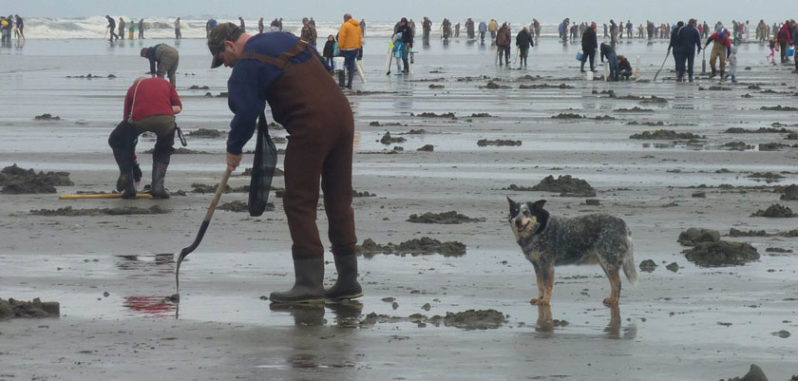
Hazardous levels of domoic acid, a natural toxin that accumulates in shellfish, have been linked to warmer ocean conditions in waters off Oregon and Washington for the first time by a NOAA-supported research team, led by Oregon State University scientists.
U.S. agency says no to requests for ocean surveys with airguns

Federal officials have turned down six applications to use airguns to look for undersea sites that might yield oil and natural gas up and down the East Coast, on the ground that the risks to marine life outweigh the potential benefits of seismic surveying along the Outer Continental Shelf.
Humpback habitats off Madagascar revealed as energy exploration ramps up
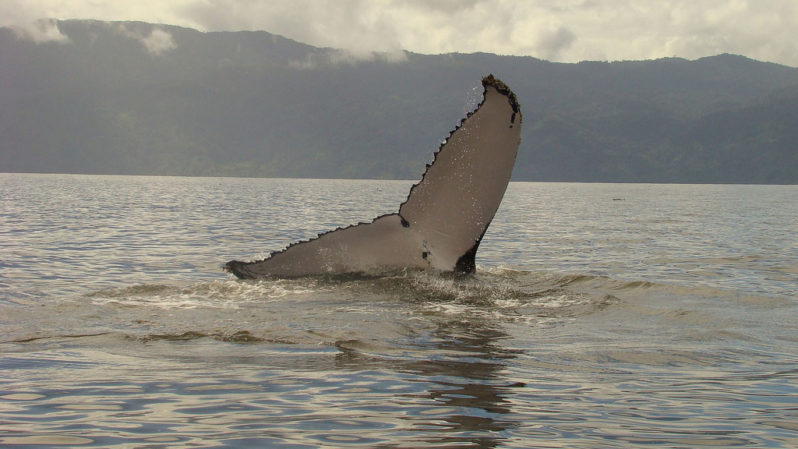
How humpback whales use marine habitats off the eastern coast of Africa is only partially understood, and that has become a conservation concern as offshore energy exploration expands in the region.
Chesapeake Bay, nation’s largest estuary, is finally getting healthier
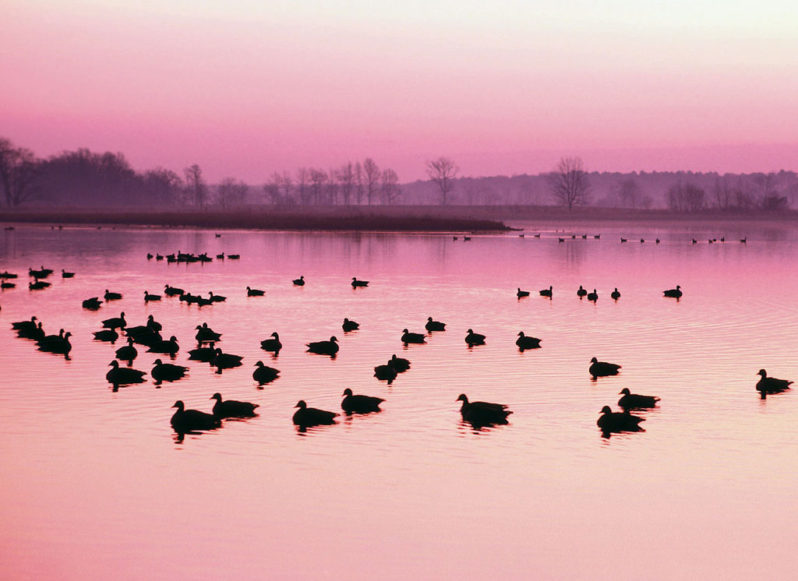
Water clarity in the Chesapeake Bay is the best it’s been in decades, and native rockfish, oyster and blue crab populations are rebounding as the overall health of the nation’s largest estuary improves, a report released Thursday found.
Scaling up marine conservation targets should benefit millions of people
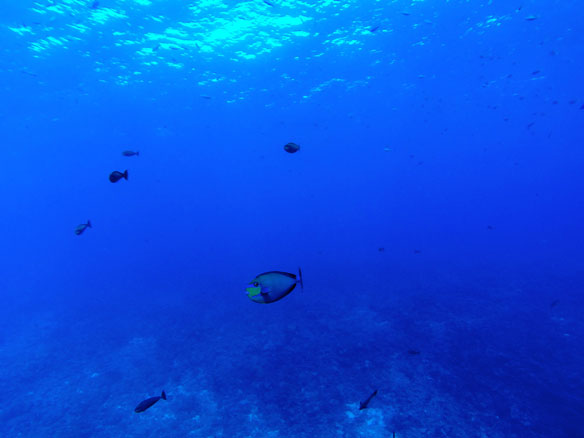
About 200 countries worldwide committed to protecting 10 percent of national marine areas by signing the Convention on Biological Diversity. But more ambitious marine reserve coverage policies that target unprotected fishing grounds would benefit millions of people who depend on fisheries for food and livelihoods.
Up to 20,000 dead fish, other animals washed up on Nova Scotia coast

The carcasses of thousands of sea creatures have mysteriously washed up on the western coast of Nova Scotia, and the Canadian authorities said they have no idea why.
Investing in fisheries management improves fish populations
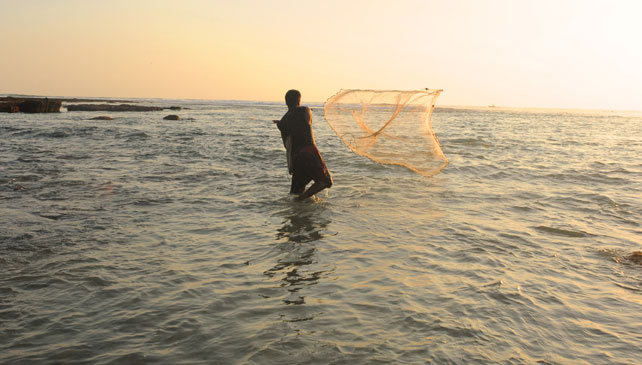
Successful fisheries management can be best achieved by implementing and enforcing science-based catch or effort limits, research shows.
Mystery of hundreds of thousands of dead fish on Cornish beach solved, UK

The mystery of why hundreds of thousands of fish were found washed up on a Cornish beach over the weekend has been solved: they were dumped by a trawler that caught too many sardines in shallow water.
Busy Times at the World’s Largest Polar Bear Prison

Sea ice has done some extremely odd things in 2016, as climate change is reshaping the Arctic faster than the rest of the planet. According to a new study, there’s a 71 percent chance that the global polar bear population will fall by over 30 percent in the next three decades. The only hope for the polar bear is to reduce carbon emissions, in the hope that the runaway pace of Arctic warming will eventually stabilize and reverse.
